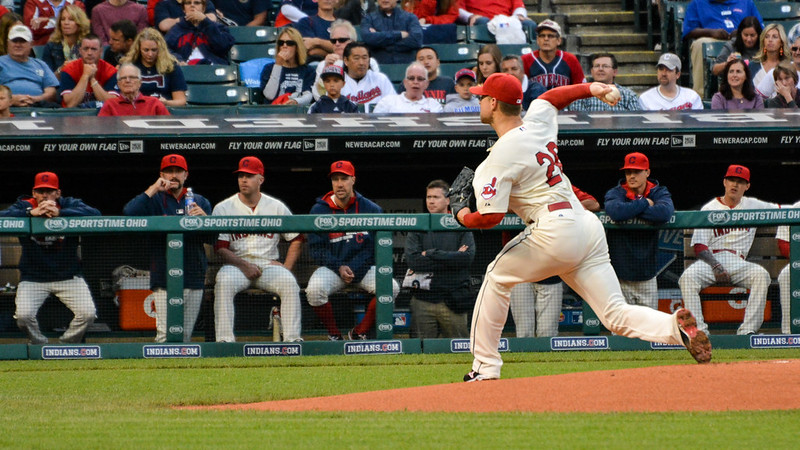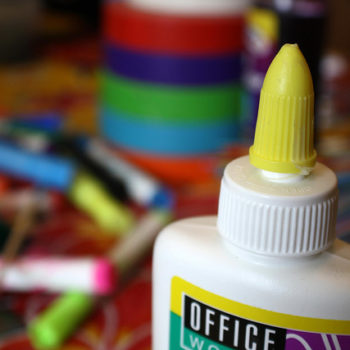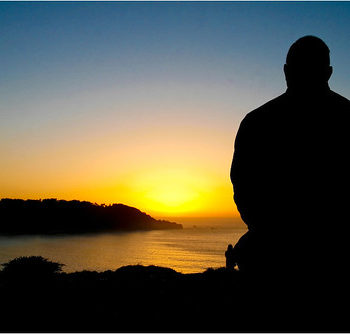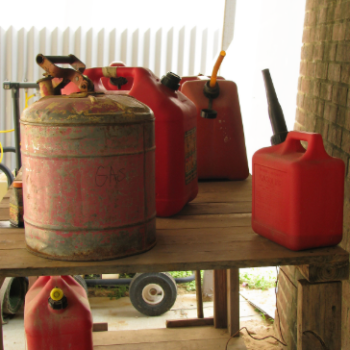Growing up in Germany, my life has been intertwined with the beautiful game of soccer since the day I was born. This is partly because it is by far the most popular sport in the country and completely unavoidable. However, it is mainly due to the fact that my grandfather played semi-professionally and religiously watches every game of both the first and second division of German soccer every weekend. I have been kicking a ball with him since I could walk and he signed me up for my first team when I was three years old. I learned to love the game from that moment on. I played every day I could, whether it was during a scheduled practice, on the weekend, or even, much to my mother’s dismay, in my own house. As I grew both mentally and physically over the years I began to play not only for fun, but also to win as a team, not an individual. I began to appreciate making the perfect pass more than being the “hero” that only has to tap in the ball with minimal skill to score. However, there was one lesson I had not learned yet and it kept me from being the best person I could be both on and off the field. I finally learned this lesson after making a terrible mistake in a game that ended up costing us the win, “I’m sorry, that was my fault, it won’t happen again”.
Instead of blaming my mistake on the weather, the field conditions, or the phase of the moon, I accepted full responsibility for my mistake and would work twice as hard in the next practice and in my free time to ensure that it would not happen again. I consider this to be the most important self-taught lesson I have learned up to this point as it has helped me both on and off the field in many respects. This helped me learn that my flaws and mistakes can lessen and be fixed by hard work and dedication; they are not permanent and do not define me. As previously mentioned, not only did this lesson impact me on the field, but also off the field. There have been many instances before I learned this lesson where I would blame the author of a book for not keeping me interested, or the chemicals in a reaction for not reacting the way they should. This day on the field has translated into these instances. Whether it was a boring read or one of the challenging math courses I took throughout my high school career, I learned to persevere and it has made me the person and leader I am today.
This senior year, I am the captain of the Boys’ Soccer team, the Academic Decathlon team, and the Quiz Bowl team, and an SAT practice ambassador that helps students prepare for the SAT with after school sessions and advice. Earning these leadership positions has shown me that being a captain or role model to others is not about having the title or armband. To be a leader, one needs drive and passion to be able to accept responsibility for their mistakes and to help others deal with their mistakes. My passions both on the field and in the classroom get to shine through most when I am in a leadership position, because I get to focus on the learning opportunities intrinsic in mistake making while their desire and interest in what they are doing grows by the minute. I am not claiming that I am the perfect leader or have life completely figured out, but I am growing every day and learning new ways to help myself, help others, and share my love for the passions I have.
Photo by 46137 on Foter.com / CC BY-NC-SA











1 Comment
Everyone has a story like this one, in which someone tells you something or something happens and you have to own up to it and realize how the situation that just occurred can make you better. I myself relate to this, but as I said earlier, so does everyone else in away. For me, it was a fifth-grade teacher that said “Are you going to give up every time something is hard or are you going to keep trying” I know it seems like a lot, but at the time it made me realize that blaming other people or saying “it is too difficult” can not always work forever. Eventually, you need to just own up to it and then work to improve it.